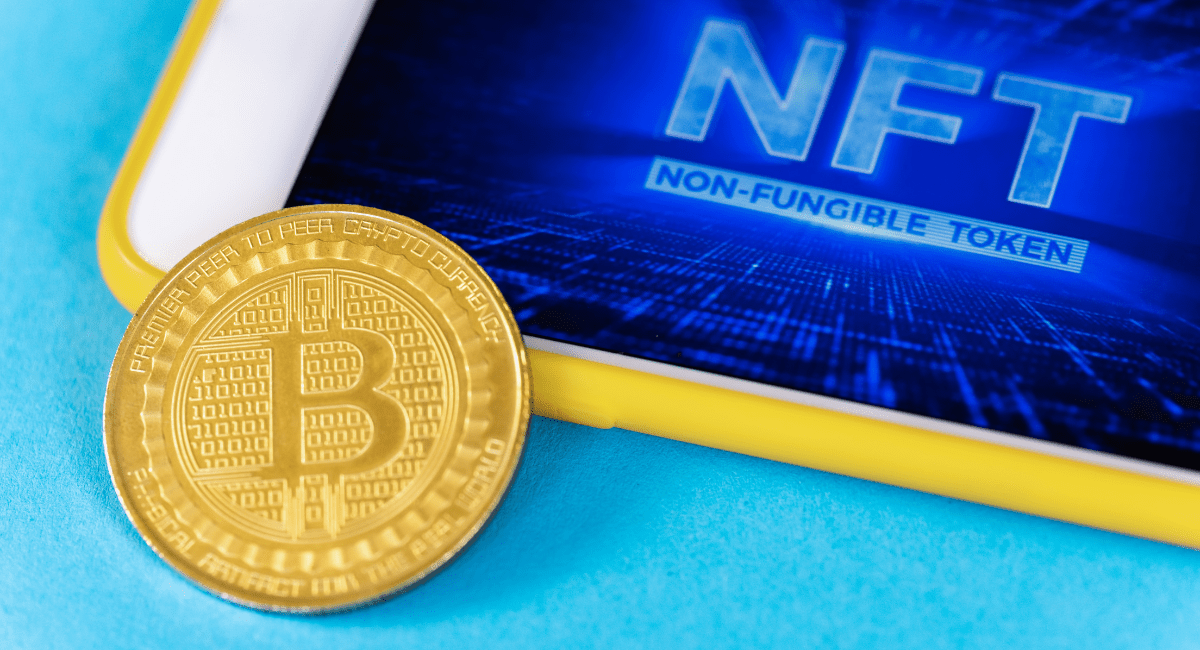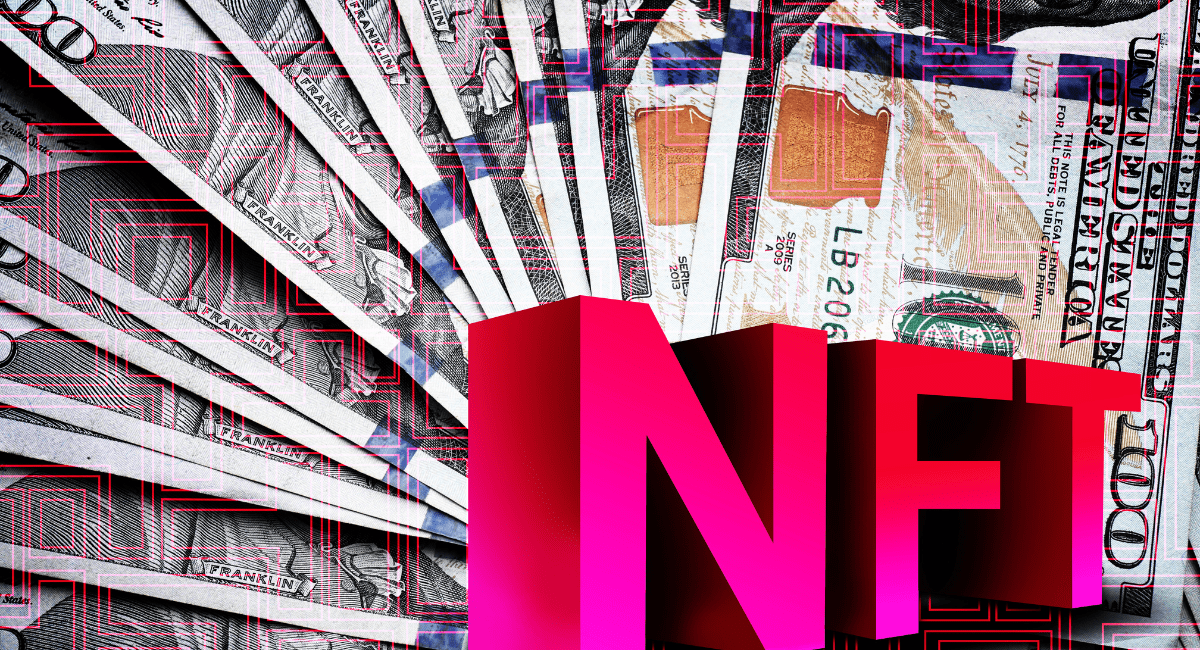Top 10 Ways Luxury Brands Are Leveraging Blockchain And AI For Business Impact

Luxury brands are increasingly leveraging blockchain technology to enhance various aspects of their operations, including supply chain transparency, product authentication, customer engagement, and brand protection. Here are some ways luxury brands are utilizing blockchain:
- Supply Chain Transparency: Blockchain enables luxury brands to provide transparent and immutable records of their supply chains, tracking the journey of raw materials from the source to the finished product. This transparency helps ensure ethical sourcing practices, sustainability, and compliance with industry standards and regulations.
- Product Authentication: Luxury brands use blockchain to create digital certificates or unique digital identifiers (such as non-fungible tokens, or NFTs) for their products, allowing consumers to verify the authenticity and provenance of luxury goods. By scanning these digital identifiers, customers can access detailed information about the product’s history, including its manufacturing process, ownership, and previous transactions.
- Counterfeit Prevention: Blockchain technology helps luxury brands combat counterfeiting by providing tamper-proof and verifiable records of product authenticity. By integrating blockchain-based authentication solutions into their supply chains and distribution channels, luxury brands can minimize the risk of counterfeit products entering the market, protecting their brand reputation and revenue streams.
- Customer Engagement and Loyalty: Luxury brands leverage blockchain-based loyalty programs and tokenization to enhance customer engagement and loyalty. By rewarding customers with digital tokens or unique digital assets stored on blockchain networks, luxury brands can incentivize purchases, foster brand loyalty, and create exclusive experiences for their most loyal customers.
- Limited Editions and Collectibles: Blockchain enables luxury brands to create limited editions and collectibles with unique digital signatures or NFTs, enhancing their scarcity and collectible value. By tokenizing luxury items and associating them with blockchain-based certificates of authenticity, brands can create digital scarcity, increase desirability, and appeal to collectors and enthusiasts.
- Art and Culture Preservation: Luxury brands support art and cultural preservation initiatives by leveraging blockchain to create digital replicas or certificates of ownership for cultural artifacts, artworks, and heritage items. By digitizing and tokenizing cultural assets, brands can promote cultural heritage preservation, facilitate provenance tracking, and support the arts community.
- Sustainability and Corporate Social Responsibility (CSR): Blockchain technology helps luxury brands demonstrate their commitment to sustainability and corporate social responsibility by providing transparent and traceable supply chains. By integrating blockchain-based sustainability initiatives, brands can track and verify sustainable practices, reduce environmental impact, and promote social responsibility throughout their supply chains.
- Data Privacy and Security: Blockchain enhances data privacy and security by providing decentralized and encrypted storage solutions for sensitive customer information, transaction records, and intellectual property. By leveraging blockchain-based data management systems, luxury brands can protect customer privacy, mitigate the risk of data breaches, and comply with data protection regulations.
luxury brands are embracing blockchain technology to enhance transparency, authenticity, customer engagement, and sustainability across their operations. By leveraging blockchain-based solutions, these brands can differentiate themselves in the market, strengthen customer trust, and adapt to the evolving needs and preferences of modern consumers.
Also, read- Top 10 Reasons That Makes Blockchain Technology The Most Promising Tech In The Coming Years
Top 10 Ways Luxury Brands Are Leveraging Blockchain and AI For Business Impact

Luxury brands are increasingly leveraging both blockchain and artificial intelligence (AI) to drive business impact and enhance various aspects of their operations. Here are the top 10 ways luxury brands are utilizing blockchain and AI:
- Supply Chain Transparency: Luxury brands use blockchain to provide transparency in their supply chains, ensuring ethical sourcing of materials and verifying product authenticity. AI-powered analytics further enhance supply chain visibility by analyzing data from multiple sources to identify potential risks and optimize sourcing strategies.
- Product Authentication: Blockchain enables luxury brands to create digital certificates and unique identifiers for their products, ensuring authenticity and preventing counterfeiting. AI-based image recognition technology enhances product authentication by comparing images of luxury goods against a database of authentic products to detect discrepancies or anomalies.
- Personalized Customer Experiences: Luxury brands leverage AI to analyze customer data and preferences, enabling personalized recommendations, product customization, and tailored marketing campaigns. Blockchain ensures data privacy and security, allowing customers to control access to their personal information and preferences.
- Predictive Analytics for Demand Forecasting: AI-powered predictive analytics help luxury brands forecast demand more accurately, optimize inventory management, and reduce stockouts or overstocking. Blockchain facilitates data sharing and collaboration between different stakeholders in the supply chain, improving forecasting accuracy and responsiveness to market demand.
- Customer Service and Engagement: AI-powered chatbots and virtual assistants enhance customer service and engagement by providing instant support, answering inquiries, and guiding customers through the purchasing process. Blockchain ensures the integrity and transparency of customer interactions, enabling secure and trustworthy communication channels.
- Artificial Intelligence in Design and Innovation: Luxury brands leverage AI to analyze market trends, consumer preferences, and design aesthetics, informing product design and innovation strategies. Blockchain facilitates intellectual property protection and digital rights management, ensuring the integrity and ownership of design concepts and innovations.
- Enhanced Product Customization: AI algorithms analyze customer data and preferences to offer personalized product recommendations and customization options. Blockchain enables secure and transparent tracking of product customization preferences and specifications, ensuring accuracy and integrity throughout the customization process.
- Supply Chain Optimization: AI-powered supply chain optimization algorithms analyze data from various sources, including weather forecasts, transportation routes, and production schedules, to optimize logistics and reduce costs. Blockchain facilitates data sharing and collaboration between different supply chain partners, improving visibility and efficiency.
- Anti-Counterfeiting Measures: Luxury brands use AI to detect counterfeit products by analyzing images, product features, and other data points to identify discrepancies or irregularities. Blockchain ensures the authenticity and provenance of luxury goods by providing immutable records of product history and ownership.
- Sustainability and Environmental Impact: AI algorithms analyze environmental data and supply chain metrics to assess sustainability practices and identify areas for improvement. Blockchain enables transparent reporting and verification of sustainability initiatives, ensuring accountability and trustworthiness in sustainability claims.
Haven’t done a giveaway in awhile…
— Captain Zwingli 🍌🎙️ (@ChrisJourdan) July 15, 2022
Excited to giveaway 1 genesis pass of @ClubhouseArcNFT ($599)
The first blockchain-born luxury clothing brand & they offer additional perks & benefits to their genesis members
Like, RT and tag 3 friends to win
Winner announced in 24 hours pic.twitter.com/EL8kpQH78G
Top 10 examples of luxury brands that are Leveraging Blockchain And AI

Luxury brands are leveraging the combined power of blockchain and artificial intelligence (AI) to drive significant business impact across various aspects of their operations. Here are the top 10 ways luxury brands are utilizing blockchain and AI, along with examples:
- Product Authentication and Anti-Counterfeiting Measures:
- Example: Louis Vuitton has implemented the AURA blockchain platform to verify the authenticity of its luxury goods, enabling customers to access detailed product information and provenance.
- Supply Chain Transparency and Ethical Sourcing:
- Example: De Beers, a prominent luxury jewelry brand, uses blockchain technology to track the journey of diamonds from mine to market, ensuring ethical sourcing practices and transparency.
- Personalized Customer Experiences:
- Example: Burberry leverages AI algorithms to analyze customer data and preferences, enabling personalized product recommendations and tailored shopping experiences both online and in-store.
- Predictive Analytics for Demand Forecasting:
- Example: Gucci utilizes AI-powered predictive analytics to forecast demand for its luxury products more accurately, optimizing inventory management and reducing stockouts.
- Customer Service and Engagement:
- Example: Chanel employs AI-driven chatbots to provide instant support and assistance to customers, enhancing their shopping experience and resolving inquiries efficiently.
- Artificial Intelligence in Design and Innovation:
- Example: BMW integrates AI algorithms into its design process to create innovative luxury vehicles tailored to customer preferences and market trends.
- Enhanced Product Customization:
- Example: Nike utilizes AI technology to offer personalized product customization options, allowing customers to design and personalize their luxury sneakers and apparel.
- Data-Driven Marketing and Advertising:
- Example: Rolex leverages AI-powered analytics to analyze customer behavior and preferences, enabling targeted marketing campaigns and personalized advertising strategies.
- Sustainability Initiatives and Environmental Impact:
- Example: Tiffany & Co. implements blockchain technology to track the provenance of its ethically sourced diamonds, promoting transparency and sustainability in the luxury jewelry industry.
- Supply Chain Optimization and Cost Reduction:
- Example: LVMH Moët Hennessy Louis Vuitton utilizes AI algorithms to optimize its supply chain operations, reducing costs and improving efficiency in manufacturing and distribution processes.
luxury brands are leveraging blockchain and AI technologies to enhance authenticity, transparency, customer engagement, and operational efficiency across their businesses, ultimately driving significant business impact and staying ahead in a competitive market landscape.
Conclusion
In conclusion, the integration of blockchain and artificial intelligence (AI) technologies has revolutionized the way luxury brands operate and engage with customers. By leveraging these cutting-edge technologies, luxury brands are able to achieve significant business impact across various aspects of their operations.
Blockchain technology enables luxury brands to ensure authenticity, transparency, and ethical sourcing throughout their supply chains, thereby combating counterfeiting and enhancing consumer trust. Through blockchain-powered platforms, customers can verify the authenticity and provenance of luxury products, fostering confidence in their purchases.
Furthermore, AI algorithms empower luxury brands to deliver personalized customer experiences, predictive analytics for demand forecasting, and data-driven marketing strategies. By analyzing vast amounts of customer data, AI enables brands to tailor products and services to individual preferences, optimizing customer satisfaction and loyalty.
Moreover, the combination of blockchain and AI facilitates supply chain optimization, cost reduction, and sustainability initiatives within the luxury industry. By optimizing manufacturing, distribution, and inventory management processes, luxury brands can improve operational efficiency and reduce environmental impact.
In essence, the synergy between blockchain and AI technologies has enabled luxury brands to innovate, differentiate, and thrive in a competitive market landscape. By embracing these technologies, luxury brands can uphold their reputation for quality, authenticity, and excellence while meeting the evolving expectations of modern consumers. As technology continues to advance, the role of blockchain and AI in the luxury industry will only become more prominent, driving continued business impact and growth.




























































